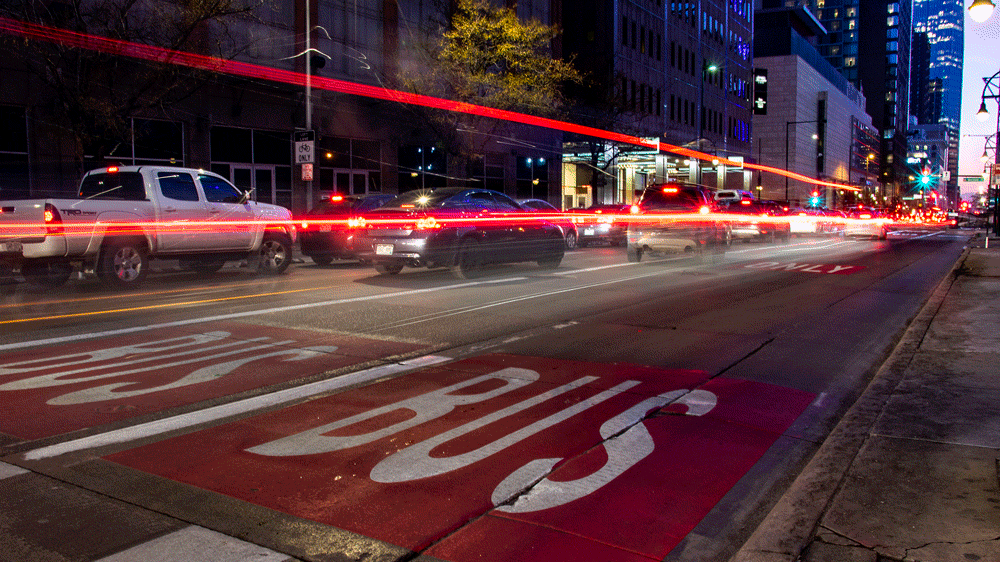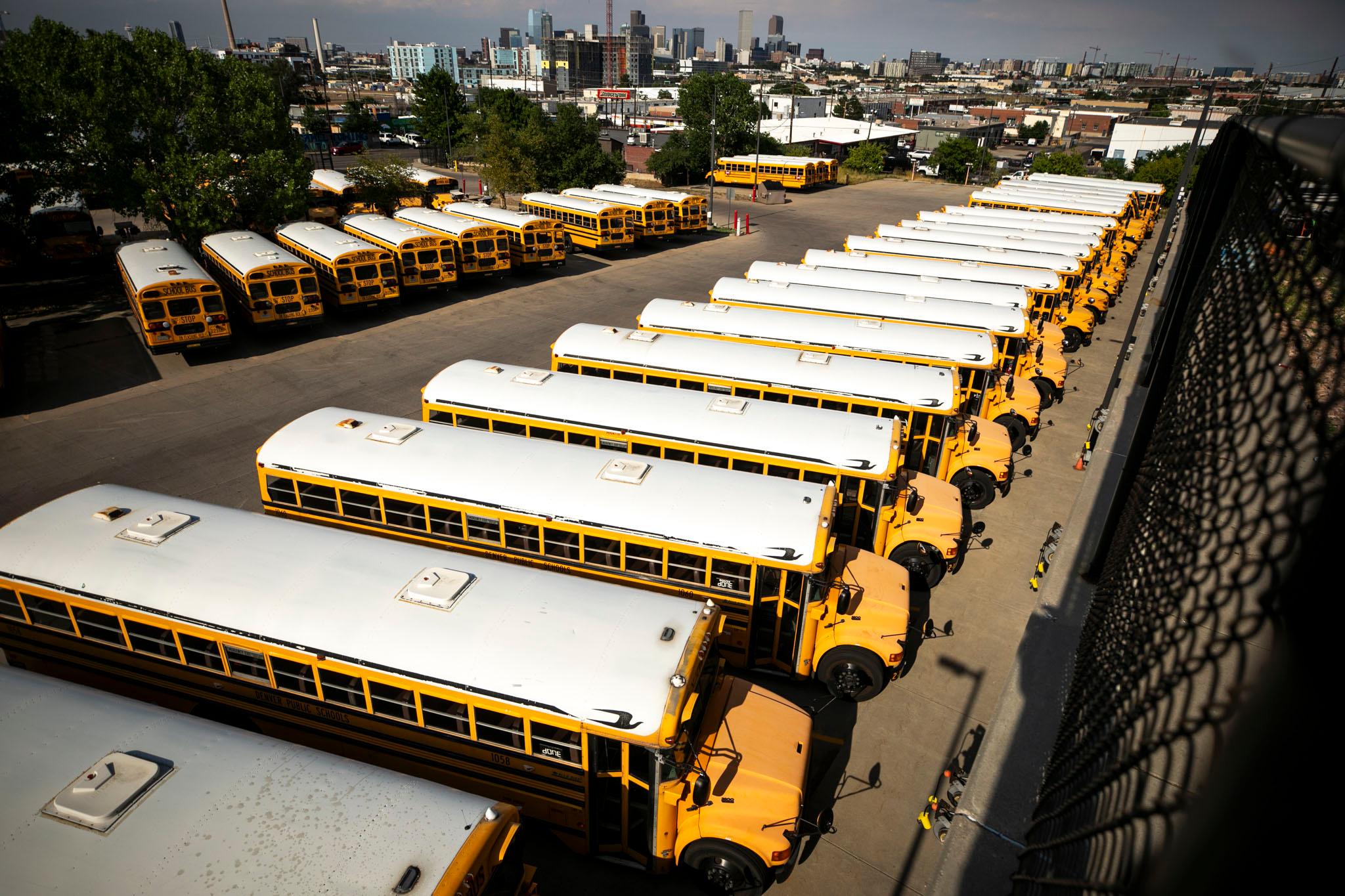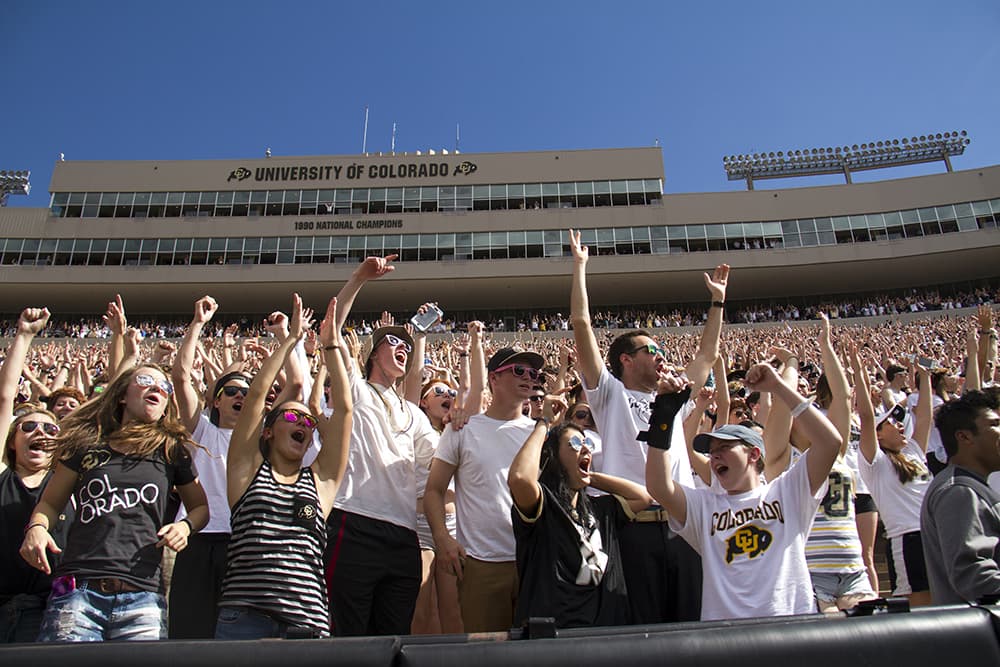It looks like voters chose to create the Denver Department of Transportation and Infrastructure on Tuesday, giving walking, biking and transit an elevated role in the city bureaucracy while paving the way for city-owned transit systems.
The vote was not close. The charter change measure earned more than 73 percent of the vote.
For decades, transportation has been a division within the Denver Department of Public Works. Starting Jan. 1, streets will be a cabinet-level concern like the airport and city planning, with an executive director who reports directly to the mayor.
The director might be Eulois Cleckley, the current head of Public Works who was hired to oversee the transition. When the clock strikes in a new year, the department will hit the ground running because it already essentially is, he said. The department has gone from about 125 people working on transportation to about 1,100. Cleckley credits the new setup with the quick-hit, overnight bus lane and bike lane project on 15th Street.
"We've already made the adjustments internally," Cleckley said, adding that he was thankful to the voters. "I think this action by the voters just solidifies our structure currently and just enables those additional potential transit services."
The measure also lets Denver run its own public transit service or contract with another entity, like RTD or a private company, to do so. Denver will be empowered to run a bus system, a streetcar system, or even a bike-share or scooter-share system under the charter change, though no immediate plans for a city-run transit company exist.
Mayor Michael Hancock has committed to double the share of trips taken by foot, bike, bus and train by 2030 while reducing solo driving drips to 50 percent. DOTI is supposed to be a lever that pulls Denver in that direction.
"Our transportation and mobility system must provide multiple ways to get around town for all people -- a system that connects neighborhoods, provides access and not barriers, and creates unique places," Hancock said in a statement. "To do that, our city streets need to change to accommodate more transit riders, bike riders and pedestrians. By passing 2A ... Denver voters tonight took an important step towards modernizing mobility in Denver."
With the election ostensibly over, the question turns to what tangible things might come of the change. Piep van Heuven of the Denver Streets Partnership, a coalition that advocates and agitates for transport options beyond cars, hopes it will lead to quicker construction of things like sidewalks, bus lanes and high-quality bike lanes.
"To me the charter changes and the name change finalize this reorganization that's moved us from a department that's been about moving cars, with a mobility division within, to that wide focus on moving people and not just cars," van Heuven said.
Public Works, which handles things like recycling, trash and wastewater, will become part of DOTI.
City officials say the new department structure will save $7 million annually.













